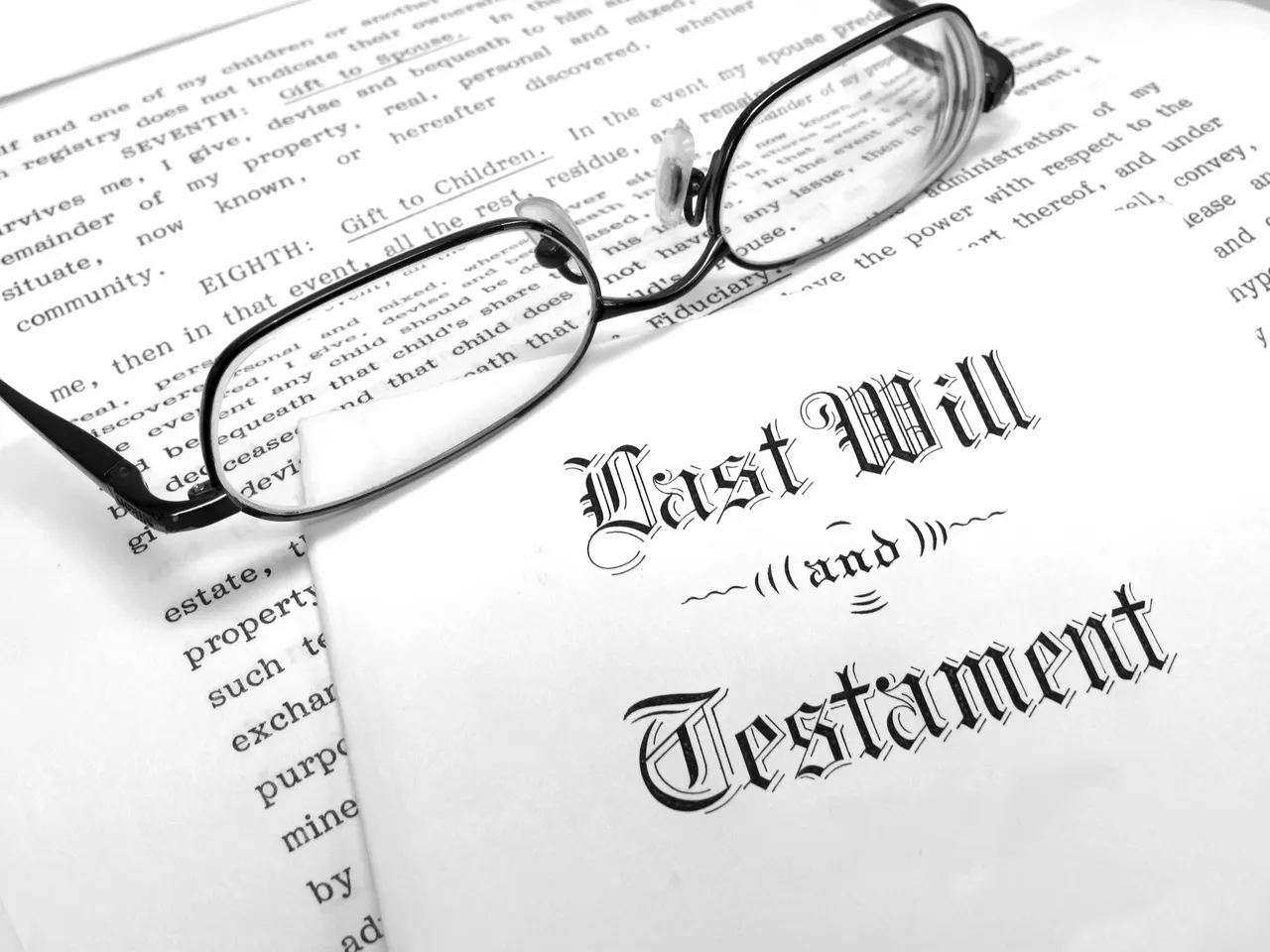Estate planning is an important process that involves more than just managing wealth; it encompasses decisions that impact an individual’s assets and liabilities both during their lifetime and after death. While many may associate estate planning with the wealthy, it is a valuable tool accessible to everyone. This comprehensive post, adapted from an Investopedia article (source link below) scratches the surface of the intricacies of estate planning.
Understanding Estate Planning:
At its core, estate planning is the thoughtful preparation for managing an individual’s financial affairs in the event of their incapacity or death. This multifaceted process involves considerations such as bequeathing assets to heirs, settling estate taxes and debts, and addressing unique concerns like guardianship of minors and pets. Seeking the expertise of an estate attorney is common, highlighting the importance of professional guidance in this intricate field.
The Estate Planning Process:
Contrary to misconceptions, estate planning is not reserved for the ultra-wealthy; it is a tool that benefits anyone with assets, which can include houses, cars, stocks, artwork, life insurance, pensions, and debts. The process encompasses various tasks, starting with the fundamental step of crafting a will. However, this process extends beyond the confines of a will; it encompasses a series of critical tasks:
1. Limiting Estate Taxes: By establishing trust accounts in the names of beneficiaries, individuals can mitigate the impact of estate taxes.
2. Guardianship for Dependents: Designating a guardian for living dependents ensures their welfare and protection in the event of the estate owner’s demise.
3. Naming an Executor: The appointment of an executor is pivotal for overseeing the terms of the will, managing the probate process, and distributing assets.
4. Beneficiary Updates: Regularly reviewing and updating beneficiaries on various plans, including life insurance, IRAs, and 401(k)s, ensures alignment with current intentions.
5. Funeral Arrangements: Planning and documenting funeral arrangements eases the burden on surviving family members during an emotionally challenging time.
6. Charitable Contributions: Engaging in annual gifting to qualified charitable and non-profit organizations not only aligns with philanthropic values but also reduces the taxable estate.
7. Durable Power of Attorney (POA): Establishing a durable POA empowers a trusted individual to make financial decisions and manage assets on behalf of the estate owner if they become incapacitated.
A Comprehensive Checklist for Estate Planning:
A practical checklist is an invaluable resource for effective estate planning. Tasks include listing all assets and debts, creating copies for multiple beneficiaries, reviewing and updating retirement accounts, ensuring accurate beneficiary information on insurance and annuities, setting up joint accounts, choosing a reliable estate administrator, writing a will, and regularly reviewing and updating all relevant documents.
The Role of a Will in Estate Planning:
A will serves as a legal document expressing an individual’s wishes regarding the distribution of their property and the custody of minor children after death. It can also indicate whether a trust should be established posthumously. The probate process, a legal procedure validating the authenticity of the will, plays a crucial role in executing an individual’s final wishes.
Estate Planning vs. Will:
While a will is a pivotal component of estate planning, the latter is a comprehensive action plan that extends beyond distributing assets. Estate planning encompasses decisions about ongoing financial management, guardianship, and charitable contributions, making it a holistic strategy for individuals during their lifetime and after death.
Choosing the Right Executor:
The executor, approved by the court, plays a pivotal role in estate administration. Responsibilities include assessing assets, paying off taxes and debts, and filing final income tax returns. Selecting a trustworthy executor is crucial, as they act on behalf of the deceased to ensure a seamless transition of assets to beneficiaries.
Strategies for Mitigating Estate Taxes:
Estate taxes, both federal and state, can significantly reduce the value of an estate. Implementing effective strategies, such as A-B trusts for married couples, education funding plans, and charitable contributions during one’s lifetime, can help minimize the impact of these taxes. Estate freezing, a method to limit death taxes, involves locking in the current value of assets while attributing future growth to other beneficiaries.
Utilizing Life Insurance in Estate Planning:
Life insurance serves as a valuable tool in estate planning, providing funds to cover death taxes, expenses, business agreements, and retirement plans. Properly structured life insurance policies ensure that beneficiaries receive proceeds tax-free, offering financial support without the need to sell assets.
Conclusion:
Estate planning is a dynamic and ongoing process that should be initiated as soon as an individual acquires measurable assets or has children or pets.. It is a responsibility that, when executed diligently, can alleviate financial burdens and provide peace of mind for loved ones in the face of incapacity or death.
Reference: What Is Estate Planning? Definition, Meaning, and Key Components

